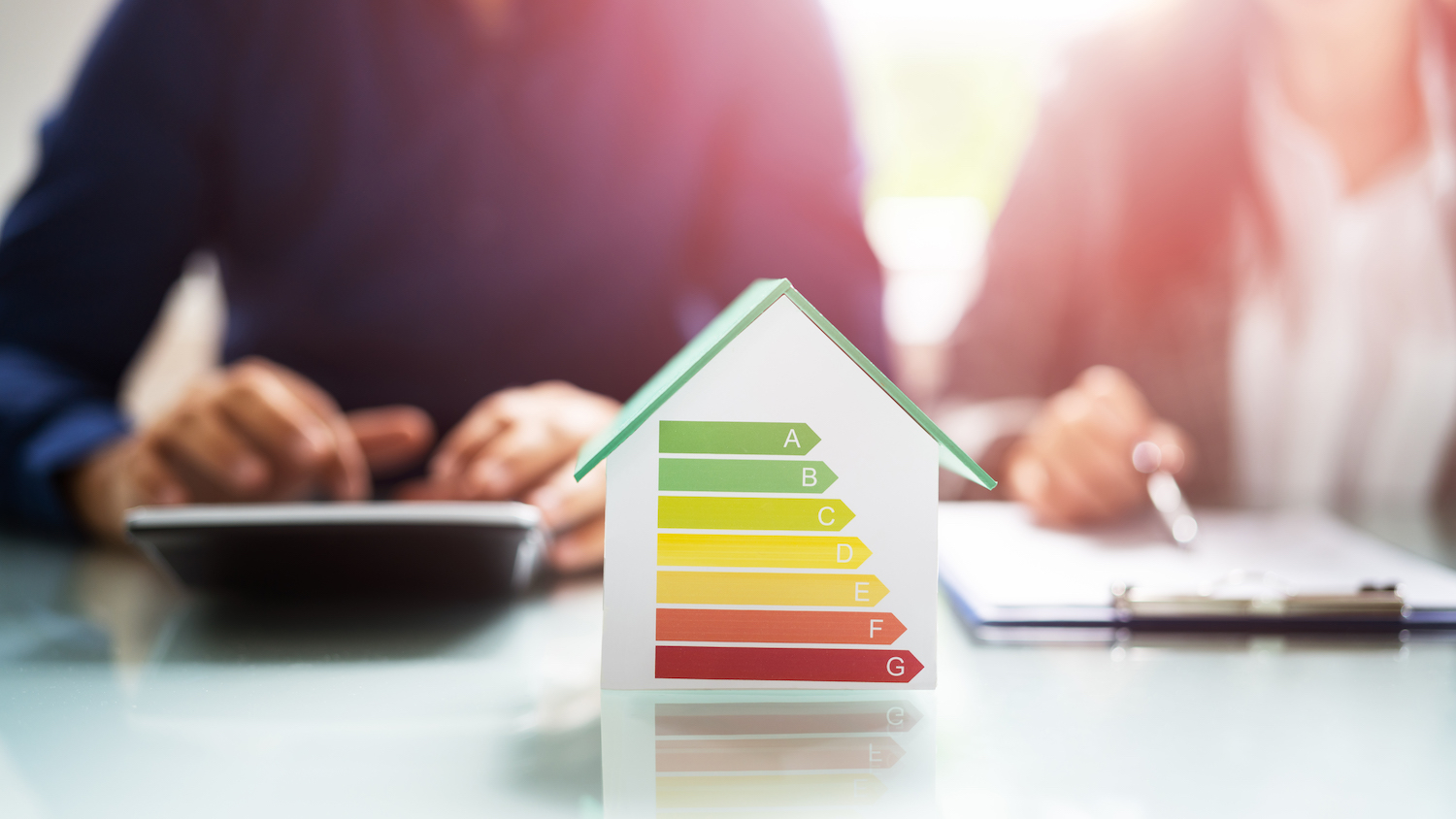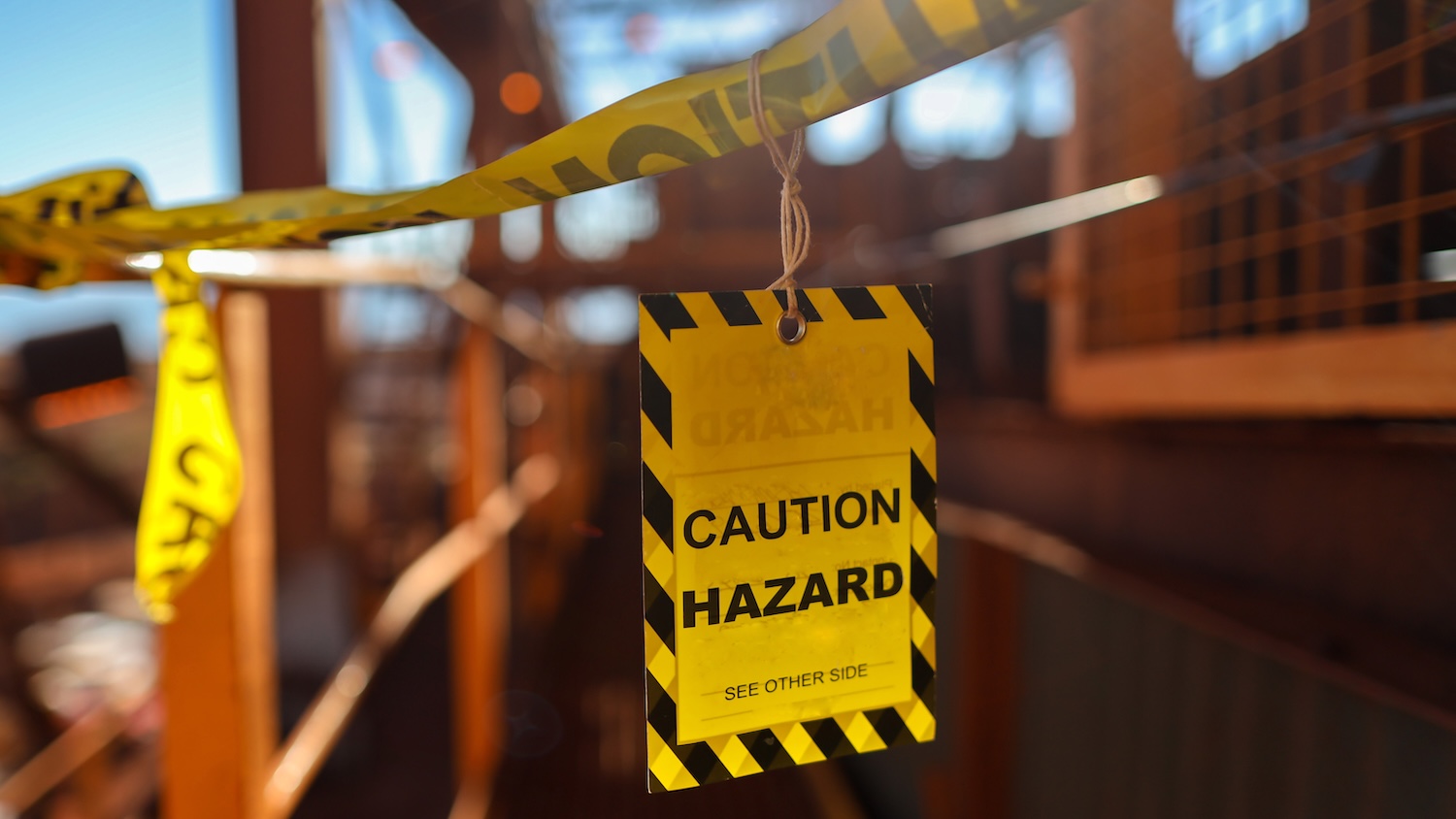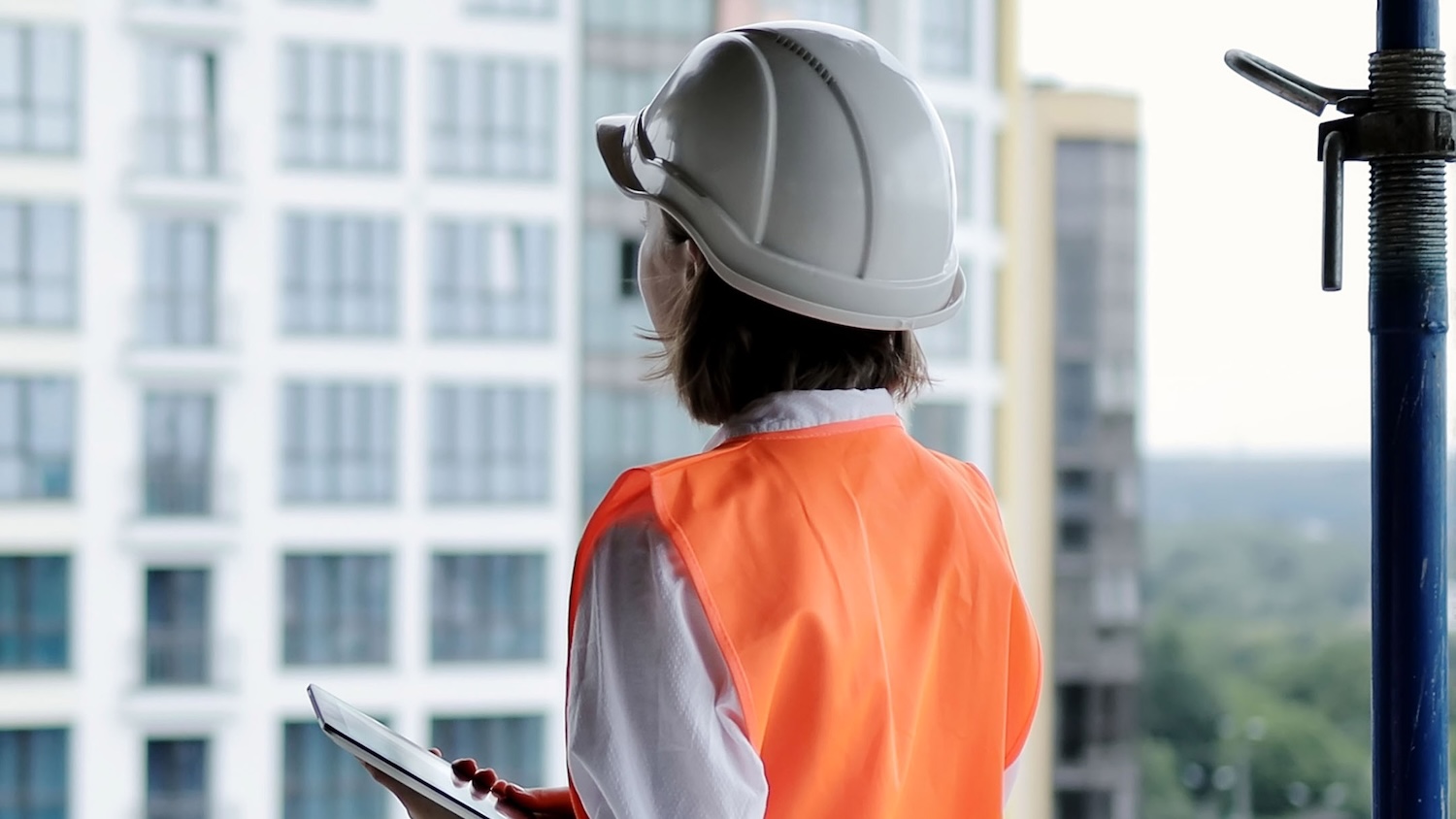
Green jobs are changing the construction career path
Construction needs a “green career transformation” to upskill the current workforce and attract the next generation
The construction industry needs an extra 251,500 construction workers by 2028 to ensure it has the workforce needed to meet the expected levels of work, according to the Construction Industry Training Board (CITB).
Green Careers Week (4-9 November) is helping to showcase the unsung careers that are included in this figure and encourage people to consider one of these roles.
So, how can the construction industry help to promote sustainability-focused roles and encourage upskilling and interest in these areas?
Green jobs
A green role helps create environmentally sustainable buildings and infrastructure. Green construction jobs are changing the career pathways of new and existing construction workers as retrofit projects, sustainable new builds and low-carbon energy solutions increase in popularity across the UK.
The Green Careers Hub recently said: “Lots of people move into sustainability roles at different stages in their career, often completely switching sectors. The advice we often hear from professionals is to follow your passion.”
With 70% of construction projects now incorporating sustainability targets, according to the Sustainable Futures UK Report from NBS, this should come as no surprise.
Many green career options aren’t widely known by the general public – but this is a necessary shift if the UK is to meet its retrofit and net-zero targets, as well as bridging the skills gap in the wider construction industry
As the industry shifts, there is an increased requirement and opportunity for people to move into roles that help assess the performance of a building from the design stages to the final performance reviews.
These roles can include implementing energy-saving systems, reducing waste, assessing thermal performance, sustainable architecture, or ensuring airtightness in buildings to prevent energy loss – but the possibilities are endless.
The construction industry is changing and becoming much more technology-led. Building performance measurement is at an exciting intersection between construction, the built environment, technology and innovation.
This opens up new possibilities for the next generation of workers who are looking for a career that bridges the gap between the building site and the board room, with innovative technology at its heart.
Career pathways
Many green career options aren’t widely known by the general public – but this is a necessary shift if the UK is to meet its retrofit and net-zero targets, as well as bridging the skills gap in the wider construction industry.
Sustainable roles provide existing construction workers with the opportunity to upskill and find a competitive niche, such as building upon their role as an EPC assessor to upskill in thermal performance measurement.
They might also consider expanding capabilities from a gas boiler installer to one that can also carry out heat pump installations.
People don’t need to have a career change to move into the green career space, just the willingness and passion to learn additional skills that complement their existing expertise.
The next generation of construction workers needs to understand what skills they naturally have and how their passions can help them succeed.
People don’t need to have a career change to move into the green career space, just the willingness and passion to learn additional skills that complement their existing expertise
If they enjoy maths and physics, or thrive on interacting with people or hands-on activities, this could help shape the roles that they might be suitable for in the future.
There is a broad range of entry pathways, from apprenticeships and technical courses to university degrees focused on sustainable building practices, that can suit anyone’s requirements.
There is also lots of support across the industry, including schemes such as the CITB’s which provides grants and funding for young people to access courses and apprenticeships in sustainable practices.
Fundamentally, our industry needs to undergo a green career transformation. These roles provide us with an opportunity to contribute to environmental targets but also improve building quality.
As demand for sustainable practices grows, careers in roles such as thermal performance, low-carbon heating solution installation and airtightness testing, will be critical in creating a resilient and sustainable built environment.
Luke Smith is managing director at Build Test Solutions






